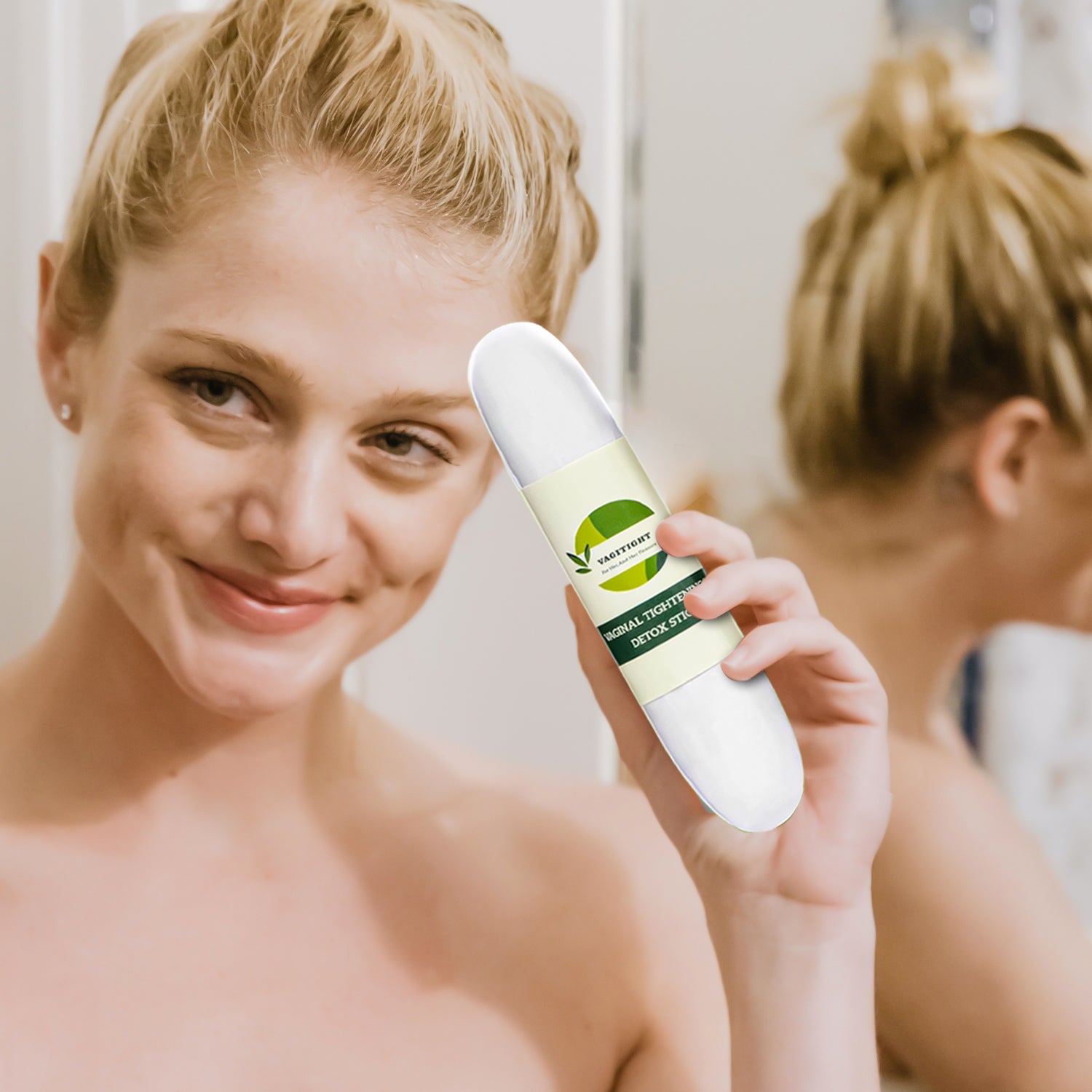“After my second baby, things didn’t feel the same,” shares Monica, 36. “It wasn’t just physical—I felt disconnected from my body.”
Age and childbirth naturally affect vaginal tightness. But the good news? These changes are normal—and with the right approach, you can improve tone, sensation, and confidence at any age.
Start with the full system here: Vaginal Tightening: Complete Natural Guide
📚 Quick Navigation
👶 Childbirth and Vaginal Looseness
Vaginal birth can stretch the vaginal canal, especially after multiple deliveries or if assisted methods were used (forceps, vacuum, etc.). Muscle tone may decrease, and some women experience reduced sensation during intimacy or mild incontinence.
⌛ How Aging Impacts Vaginal Elasticity
Estrogen plays a key role in vaginal health. As levels decline with age, the vaginal walls may become thinner, less elastic, and drier—leading to feelings of looseness, discomfort, or reduced sensation.
- Collagen breakdown: Affects tissue firmness.
- Hormonal shifts: Especially after menopause.
- Weakened pelvic floor: Less physical activity over time contributes.
💪 What You Can Do to Restore Tightness
No matter your age or birth history, these strategies can help restore tone and confidence:
- Daily Kegels: Strengthen internal support. Follow the full Kegel guide.
- Eat collagen-rich foods: Like eggs, bone broth, leafy greens. See the top foods here.
- Use natural creams or gels: Look for ingredients like Aloe Vera, Pueraria Mirifica, or Witch Hazel. Cream reviews here.
- Hydrate: Moisture supports elasticity. Drink 8–10 glasses of water daily.
- Stay active: Movement helps preserve muscle tone over time.
⏱️ Timeline: When to Expect Results
- 4–6 weeks: Improved muscle control with Kegels and hydration.
- 6–12 weeks: Noticeable difference in tightness and sensitivity.
- 3+ months: Sustained results from lifestyle and product use.
Consistency is key—quick fixes don’t last, but habits do.
❓ Frequently Asked Questions
Is it normal to feel looser after childbirth?
Yes. Most women experience some level of laxity, especially after vaginal delivery. But it can be improved naturally.
Can aging alone cause looseness?
Aging affects hormones and collagen, which can reduce tone—but pelvic floor muscles can always be strengthened.
When should I see a doctor?
If you have pain, severe dryness, or prolapse symptoms, it’s a good idea to get evaluated by a pelvic health specialist.
✅ Conclusion
Age and childbirth change your body—but they don’t have to define your confidence. With natural practices and consistent effort, you can improve vaginal tone and reconnect with your body—on your terms.
📘 Explore the Complete Vaginal Tightening Guide
Want the full roadmap to exercises, diet, tools, and treatments? Start here:



